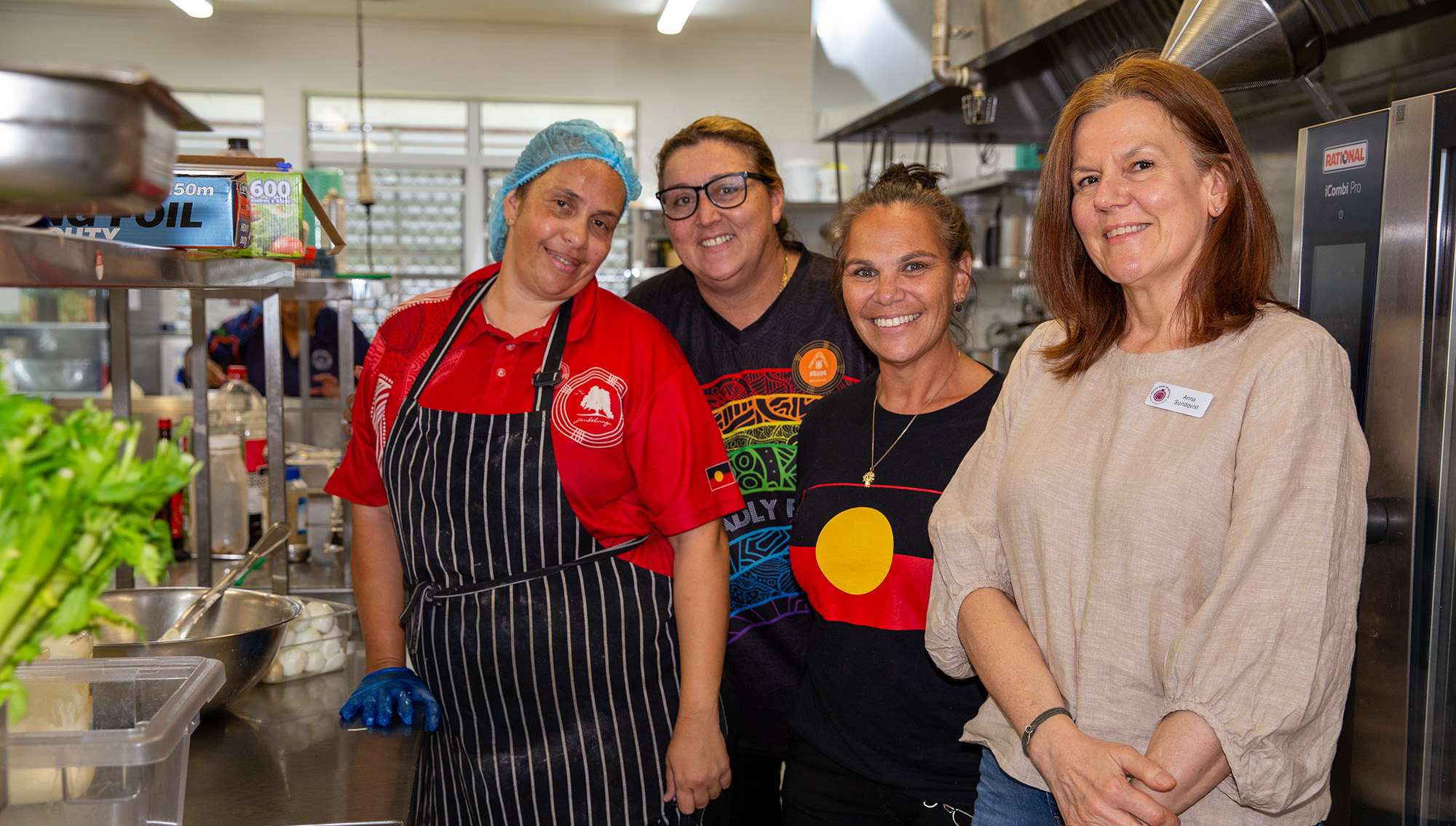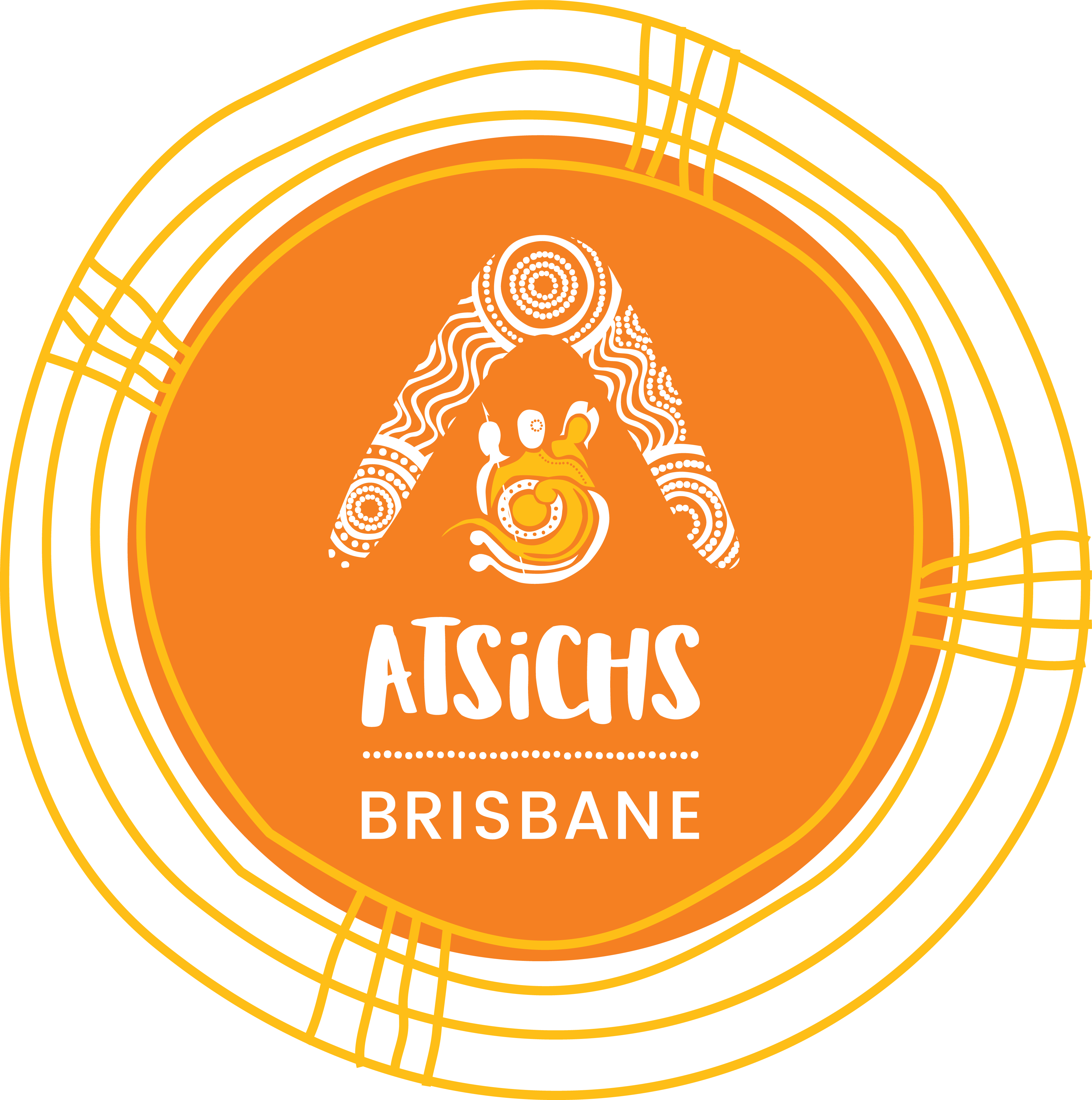News & Events


Jimbelunga supports Maggie Beer Foundation initiative around food in aged care
There is a lot to consider when it comes to providing nutritious, digestible and crowd-pleasing meals in the aged care sector. Aged Care Operations Manager Belinda Charles and Environmental Services Administration Manager Sharen Suman were pleased to have the opportunity to host Maggie Beer Foundation Chef Trainer and Mentor Anna Sundqvist to share their insight around food and nutrition in the context of Jimbelunga Nursing Centre.
The Royal Commission into Aged Care Quality and Safety highlighted the importance of food on quality of life, health and wellbeing. Following on from this, the Maggie Beer Foundation designed a comprehensive online training program for cooks and chefs in aged care homes separated into different modules like ‘Rethinking Texture Modified Food’ and ‘Supporting Hydration.’ Anna was seeking insight from our Jimbelunga team to help inform a new module currently in development about Indigenous nutrition and visited the centre on 25 January.
Belinda explained that with Jimbelunga being a community-controlled organisation and food being a priority for community, ensuring quality and quantity of food has never been an issue.
Some of the themes that Belinda and Sharen spoke about included: the diversity of Jimbelunga residents from backgrounds to ages and health conditions; the life expectancy gap between Indigenous and non-Indigenous Australians meaning that Aboriginal and Torres Strait Islander peoples in aged care are generally younger; and the link between food and memories meaning that particular meals might trigger negative associations for those among the stolen generation.
“It’s very multifaceted and much more complex than being able to stick in one bucket,” Belinda said.
Certain foods that might seem a traditional go-to are not necessarily suitable for serving up at Jimbelunga, like kangaroo for example, which is very rich for sensitive stomachs and difficult to chew, or rabbit which can trigger bad memories of growing up in dormitories, while other proteins like witchetty grubs and galah are more a delicacy than a staple. “One commonality would be around the importance of carbohydrates and starches as in the post-war period it was carbs and starches that saw people through, although for Aboriginal people the preference would be for damper and bread, while for Torres Strait Islanders the norm would be rice and noodles.”
Sharen shared her excitement about sourcing a really great Indigenous cookbook and emphasised that food is about more than nutrition, it’s about enjoyment. And the feedback received through surveys at Jimbelunga suggests that residents are definitely enjoying what the team is dishing up!
Learn more about the Maggie Beer Foundation’s training modules here.




